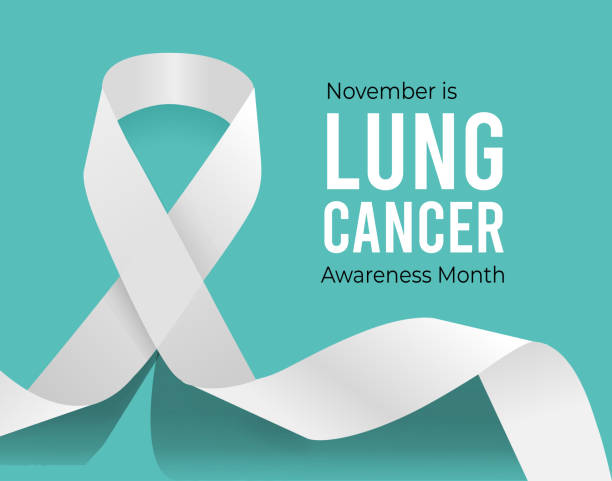Despite being the leading cause of cancer death among both men and women in the United States, lung cancer has remained somewhat in the shadows due to the stigma attached to the disease. According to the American Lung Association, there is a public perception that a lung cancer diagnosis is associated with personal responsibility (i.e., Did you smoke?), resulting in blame for those diagnosed. Stigma can make some patients less likely to seek treatment and receive support.
Don’t let stigma stop you. Talk to your doc.
While smoking is a major risk factor for lung cancer, it’s not the only one. Other risk factors include secondhand smoke, radon gas exposure and industrial exposures like asbestos, over which you have some control, as well as air pollution and family history, which are out of your control. If you are concerned about your risk for lung cancer or experiencing symptoms, talking to your provider is a must.
Most lung cancers do not cause any symptoms until they have advanced, but some people with early lung cancer do have symptoms, such as a persistent cough, coughing up blood, chest pain, hoarseness or shortness of breath. Most of these symptoms are more likely to be caused by something other than lung cancer, but it’s important to have your health care provider find the cause and, if needed, treat it.
What to expect at your visit
Your health care provider will ask about your medical history, your symptoms and possible risk factors, and then examine you to look for signs of lung cancer or other health problems.
Certain people at high risk may be encouraged to have yearly screening with low-dose computed tomography (CT scan). Catching cancer early can increase the likelihood of successful treatment, but screening is not a good alternative to stopping smoking. By quitting, people who smoke can lower their risk of getting and dying from lung cancer.
Fast Facts
Each year, about 197,000 people in the United States are told they have lung cancer, and about 136,000 people die from this disease.
You can lower your lung cancer risk. Here’s how:
- Don’t Smoke (For help quitting, visit smokefree.gov, call 1 (800) QUIT-NOW (784-8669), or text “QUIT” to 47848.)
- Stay Away from Secondhand Smoke
- Get Your Home Tested for Radon
For more information, go to these trusted sites:

